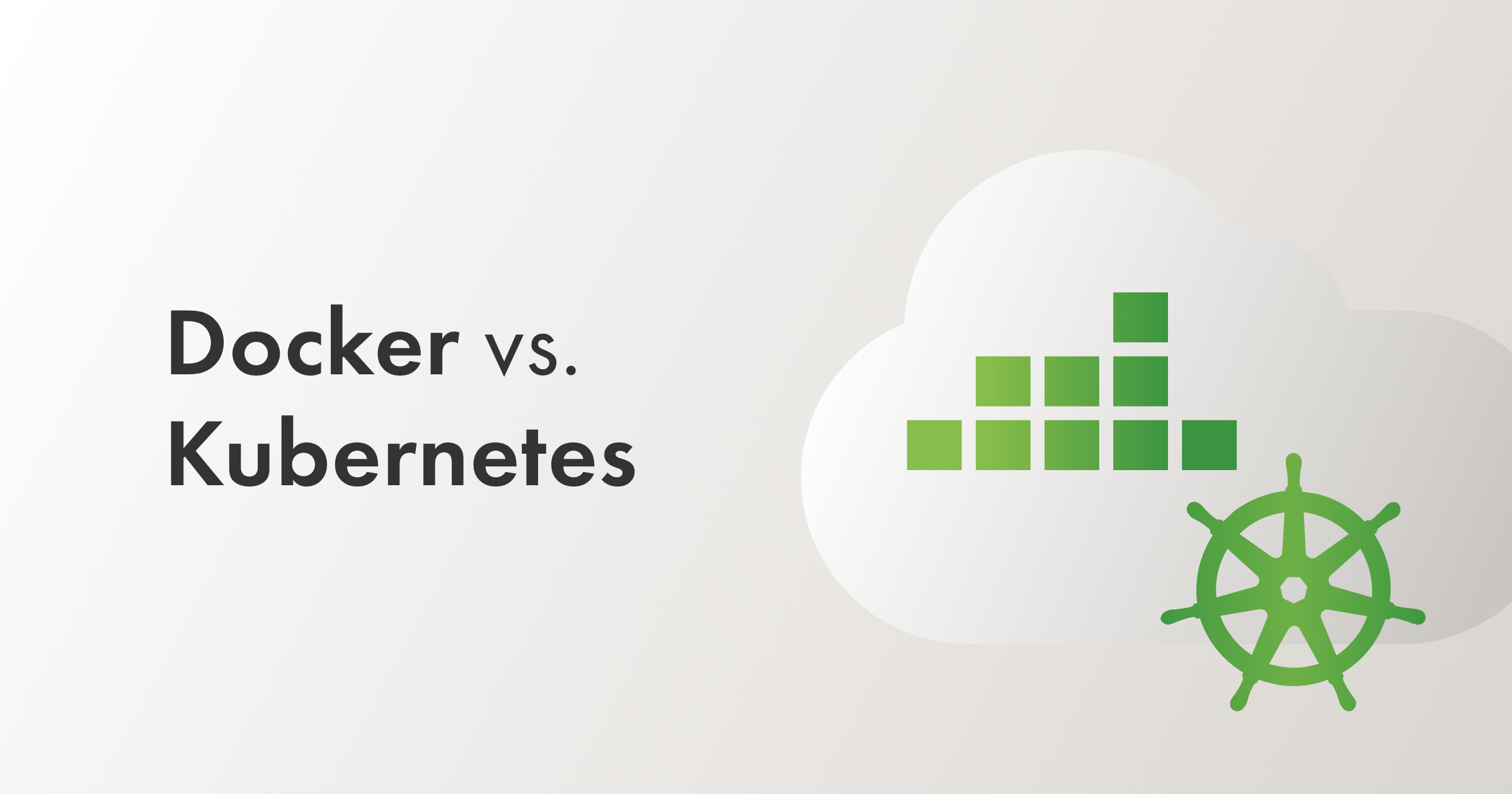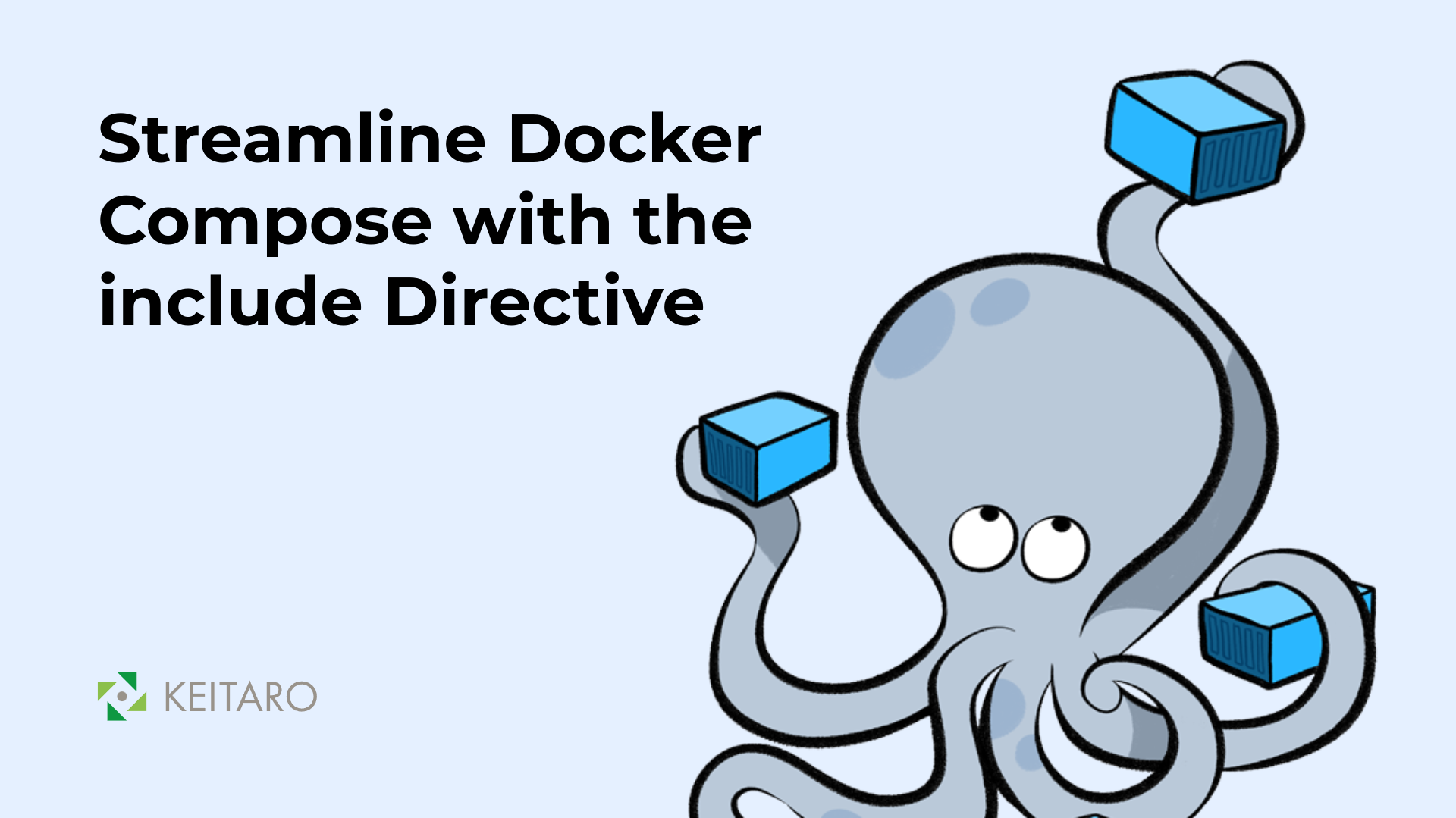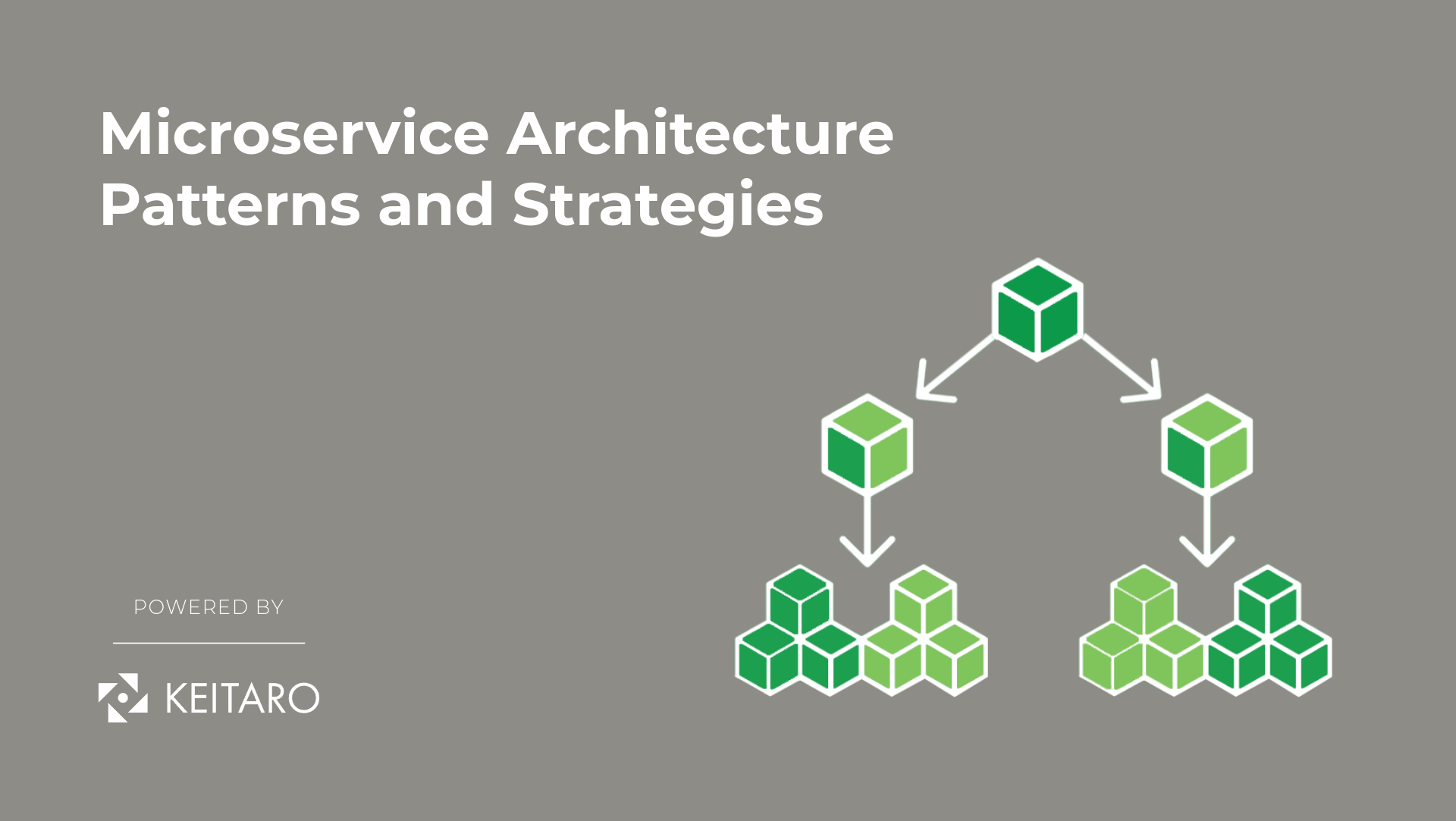Docker and Kubernetes are considered the open-source leaders in container technologies. They both stand as discrete technologies that can efficiently support each other while developing, delivering, and dispatching containerized applications. So, it is not right to start a debate on Docker vs. Kubernetes and discuss which one to choose over the other. The right discussion is about how they work together and the benefits associated with them. This is exactly what you will learn in this blog.
Docker – A Brief Overview
Docker is an open-source containerization platform that makes it easy, fast, and safe to develop, deploy, and manage containers. Containerization is an innovative and trending form of operating system virtualization that empowers developers to package code and dependencies as self-sufficient units (containers) that can be easily replicated and re-used.
Even before Docker, there were many containerization tech solutions facilitating the development and deployment of containers, but Docker has greatly simplified containerized applications. Today, Docker stands as the most widely used toolkit for developing containers, regardless of whether developers use macOS, Windows, or Linux.
Kubernetes – A Brief Overview
Kubernetes is an open-source platform that facilitates orchestrating containers and running distributed applications. It automates the process of deploying, scaling, and managing containerized applications, like the ones built using Docker.
Instead of making containerized applications run on one server, Kubernetes schedules and distributes them across a cluster of physical and virtual machines. In addition, it empowers developers to automatically scale container-based applications using present compute resources, conduct health checks of apps with self-heal capabilities, do load balancing and horizontal scaling, and other similar activities. In short, Kubernetes provides the automation that container technologies need in current computing environments.
How Docker & Kubernetes Work Together
Despite being completely distinct technologies, Docker and Kubernetes present a powerful combination. Docker empowers developers to build applications in isolated, small containers using its command-line interface. Once an application is developed this way, developers can then conveniently run the application across all their IT systems without concern about compatibility issues. If the application runs successfully on a single node while testing, then it’s certain to run in all other IT environments.
When developers witness a surge in demand, they have to scale up their containerized applications. In a large and dynamic containerized application where containers are deployed over several server environments, this scaling process can cause many problems. It can become challenging to scale and perform errorless interaction among different containers and ensure proper coordination and scheduling. This is where Kubernetes supports Docker.
Kubernetes offers orchestration of Docker containers by automatically scheduling and deploying containers across the IT systems to ensure optimal availability. Besides the deployment of containers, it also offers self-healing, load balancing, and automated rollbacks and rollouts. In addition, the graphical user interface makes it convenient to use.
Benefits of Docker & Kubernetes
Docker now comes with built-in integration with Kubernetes, so for companies that want to scale up with containerized applications or want to benefit from automated deployment and scaling, pairing Docker and Kubernetes is the best choice.
Following are some of the key benefits when Docker and Kubernetes are working together:
- Faster and Consistent Delivery: You will be in a better position to deliver faster with consistency and efficiency. On one side, Docker containers will serve in isolating and packing software along with all dependencies. On the other side, Kubernetes will serve in deploying and orchestrating containers.
- Scalability: The scalability aspects of applications are greatly improved. You can smoothly make your applications handle more load and enhance the user experience without burdening your resources.
- Maintenance: Applications are developed in small container sets so they are much easier to maintain.
In a nutshell, when you pair Docker and Kubernetes, the efficiency of containerized applications and productivity of developers are significantly enhanced.
Final Thoughts
Kubernetes can be the first choice for companies looking to scale their infrastructure in the near future. However, if a company is already utilizing Docker, then Kubernetes is a great resource to use with existing containers to efficiently deal with complex scaling issues. Interested to upgrade your Docker and Kubernetes skills? Check out Keitaro Training, a platform where companies and individuals can learn more about next-gen technologies.



